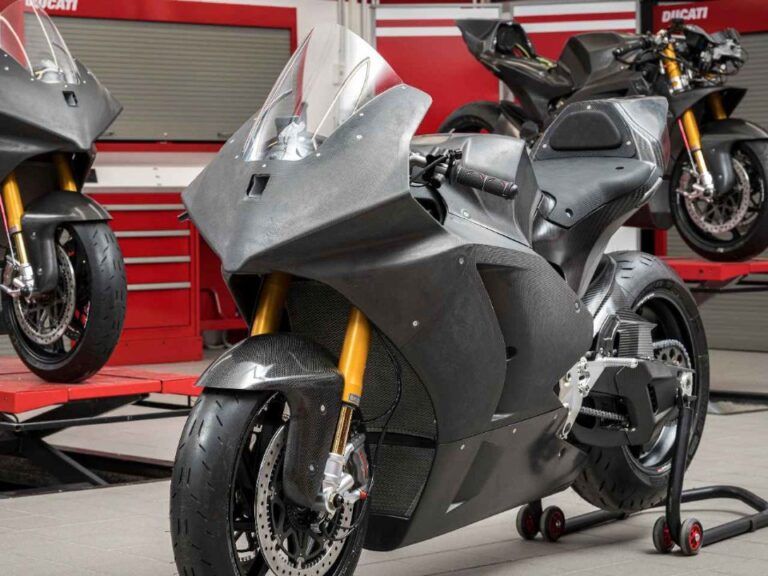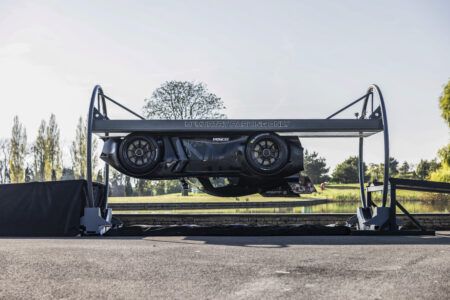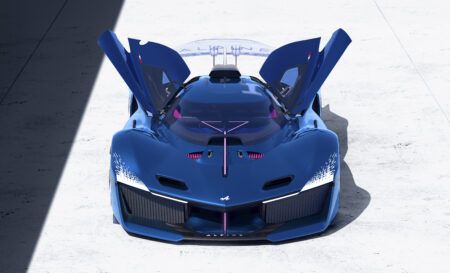A new and important chapter in Ducati’s history has begun with the production of the Italian marque’s first MotoE prototypes. A little more than 12 months after the initial test at the Misano World Circuit, Ducati has begun work on the bikes that will compete in the 2023 FIM Enel MotoE World Championship season. Production of the V21L bikes started in December and the 23 units will be ready by mid-February. In addition to the 18 motorbikes that will be raced, five spare units will be made available to the organisation. Using the same process, precision, and attention to detail typical of the craftsmanship used to build a MotoGP bike, each prototype is assembled by expert technicians in the Ducati MotoE Racing Department.
For the Bologna-based company, the intention of this project was to develop the skills required for its future, experimenting with technological solutions in the world of racing which can then be used on motorbikes destined for enthusiasts all over the world.
“The start of production of the Ducati MotoE is a historic moment for our company,” said Claudio Domenicali, CEO Ducati . “This project is thoroughly studying the technologies of the future for the world of motorcycling. It is an important area of experimentation, in which we are investing to build know-how, so that we will be ready when battery technology should allow the creation of an exciting electric road bike with the weight, performance and range that enthusiasts expect from a Ducati.”
After a year of development tests that have seen Michele Pirro, Alex De Angelis and Chaz Davies take turns riding the V21L prototype, the riders and teams will compete in the 2023 World Championship scheduled for the 6, 7 and 8 March at Jerez, followed by three more test days on the 3, 4 and 5 April at the Montmelò circuit in Barcelona. The Ducati MotoE race debut will be at the French Grand Prix on 13 May. The 2023 MotoE World Championship calendar is spread over eight Grands Prix with two races per weekend.
“The MotoE project represents a decisive step for Ducati to contribute to the reduction of CO2 emissions on the product side, alongside research into synthetic fuels (eFuel) that can reduce the total CO2 emissions of internal combustion engines to zero,” said Domenicali. “Environmental sustainability is something that all individuals and all companies must consider a priority if the delicate balance of the planet is to be preserved.”





